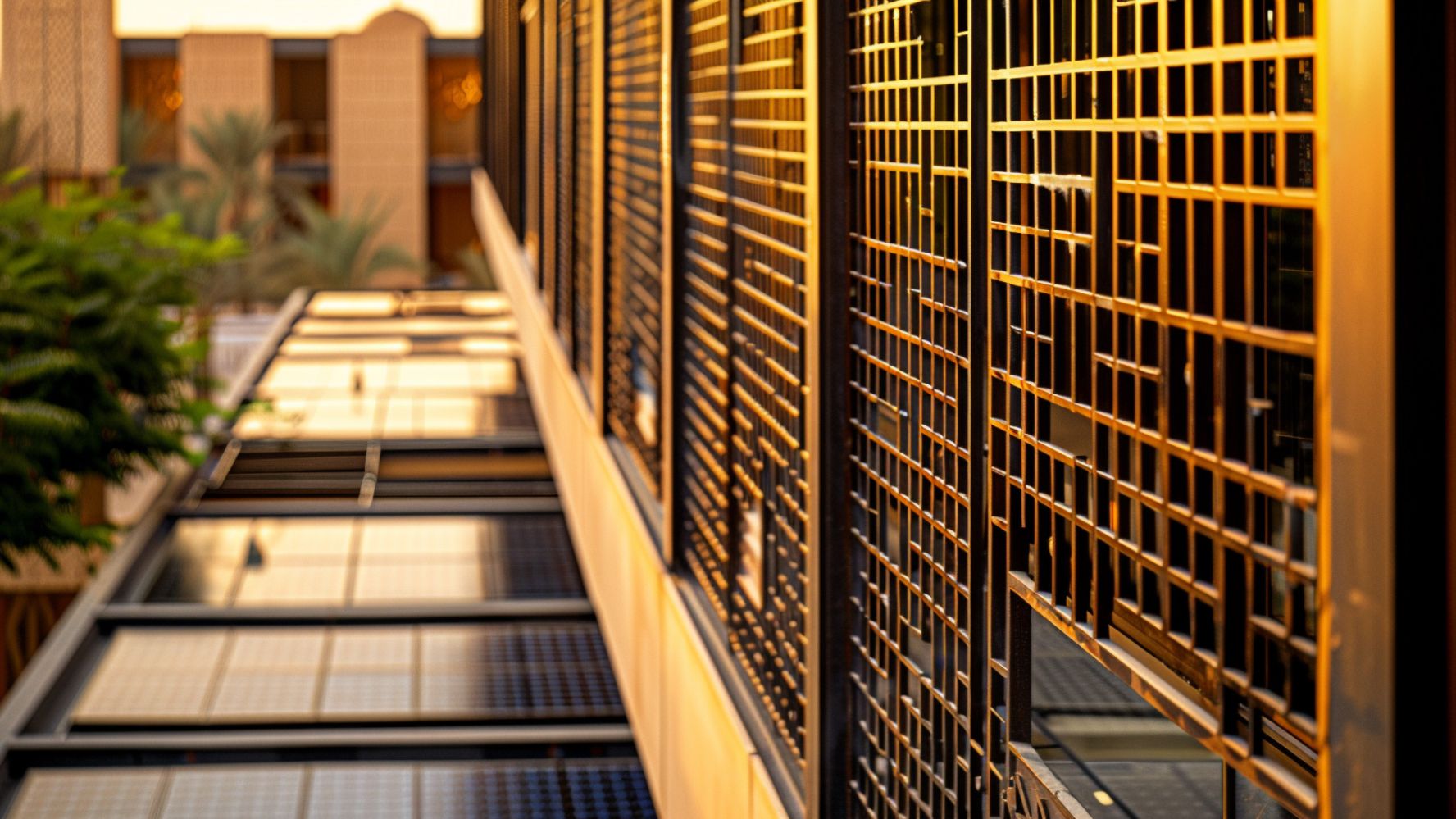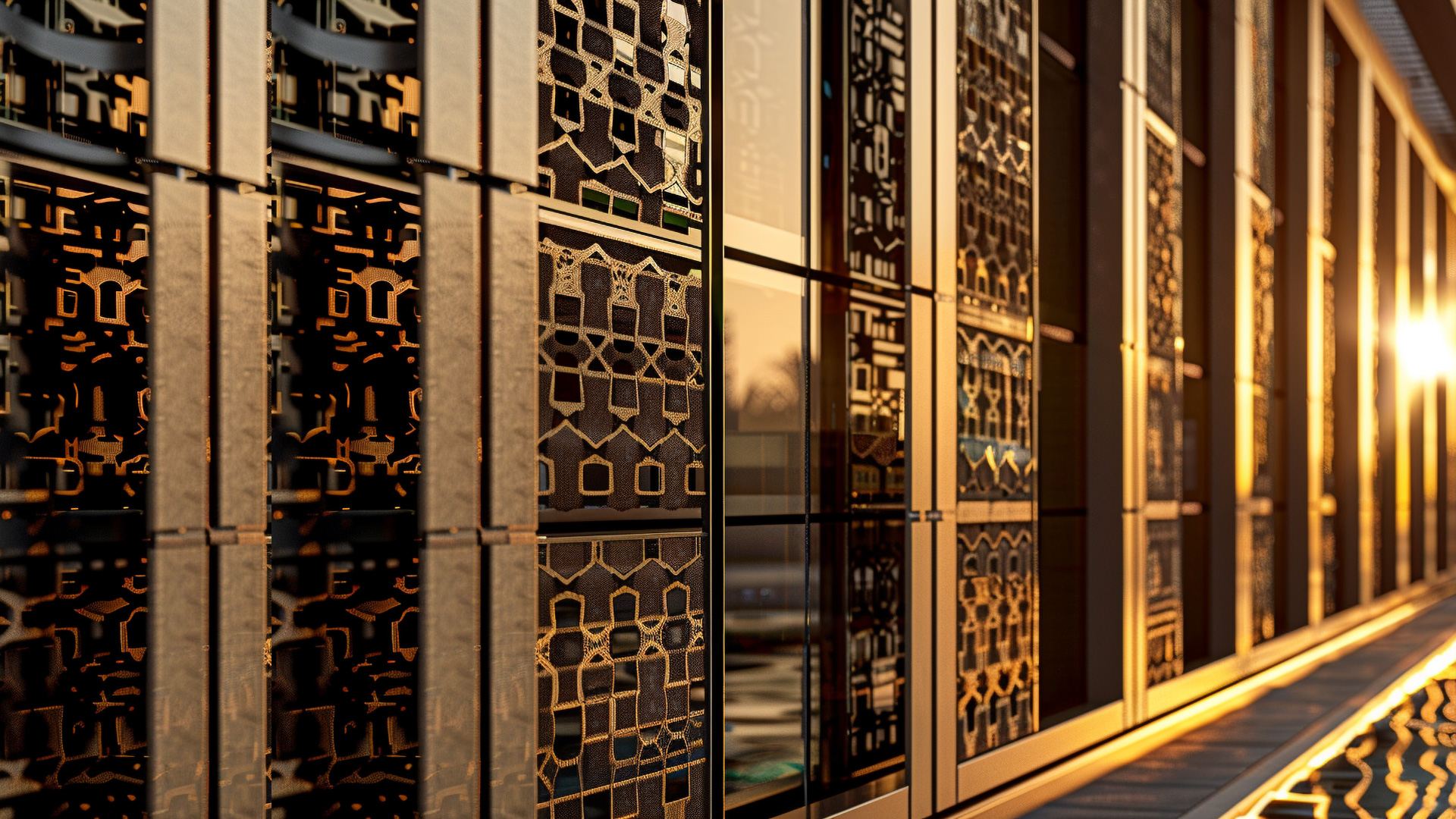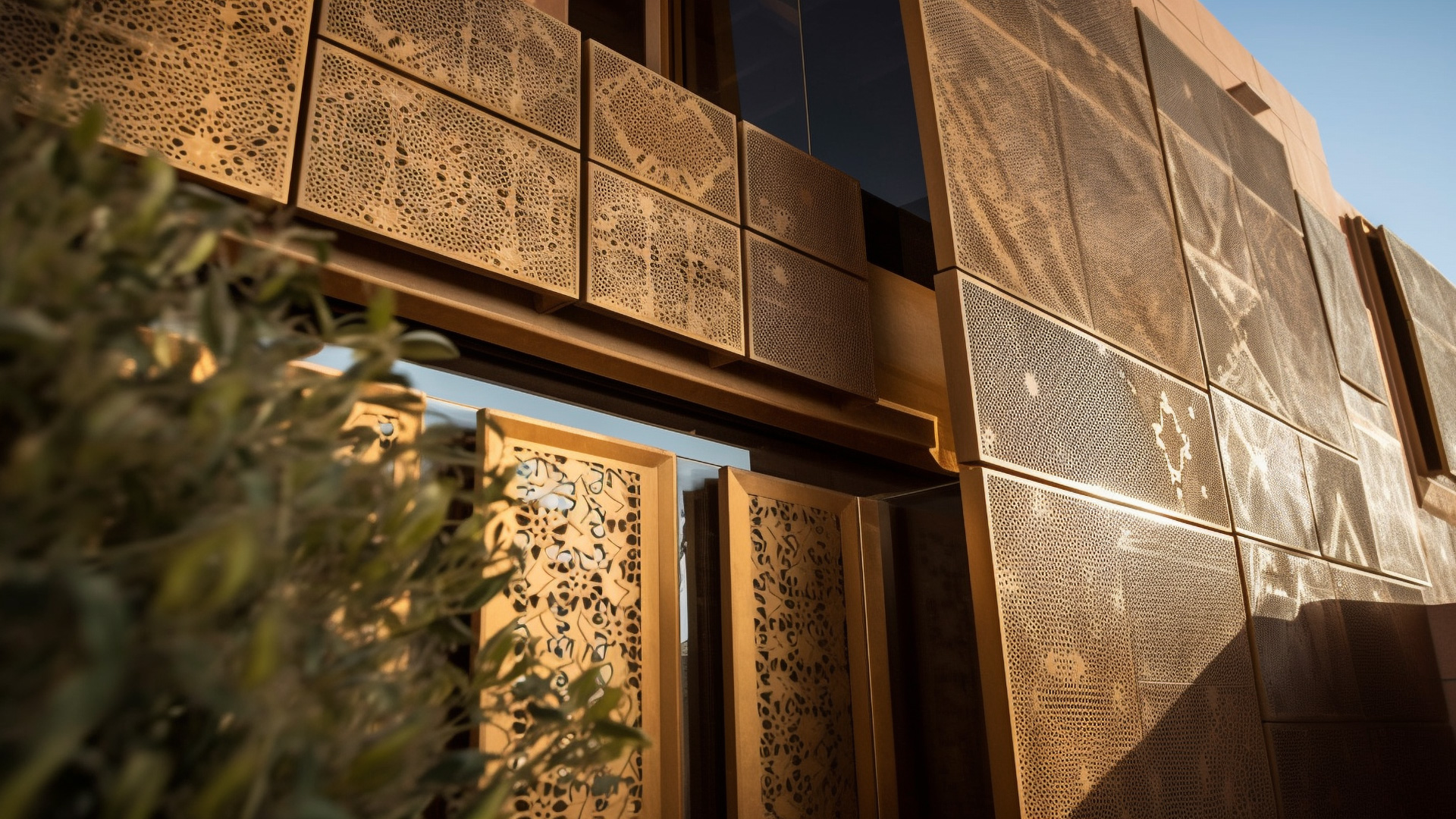To personalize your experience, this website uses cookies. Cookies Policy 
What are you looking for
Blog
22 May 2023
Saudi Arabia has emerged as a hub for transformative growth and innovation, especially in hospitality construction. The ambitious Vision 2030 initiative has set the stage for groundbreaking projects that blend sustainability with cutting-edge construction techniques. Companies like Compass are at the forefront, implementing Modern Methods of Construction (MMC) and Design for Manufacturing Assembly (DfMA) to achieve speed, efficiency, and sustainability through modular off-site construction. Building a hotel in Saudi just gets better.
The hospitality construction market in Saudi Arabia has been growing at a compound annual growth rate (CAGR) of 10.5% since 2022, driven by increased government investment in tourism infrastructure, a growing domestic tourism market, and the development of new tourism destinations like the Red Sea Project and NEOM. This growth is a direct response to the burgeoning demand for hospitality establishments as the country attracts more international and domestic tourists.

Compass is a key player in the Middle East's construction industry, embracing sustainability across its projects. At the Future Hospitality Summit in Riyadh, Nicholas Clark highlighted Compass's dedication to offering project development solutions that drive innovation and sustainability.
As a National Delivery Partner, the company's adoption of MMC and DfMA aligns with the Kingdom's Vision 2030 goals, promoting efficiency and environmental responsibility.
In an exclusive interview with Breaking Travel News, Nicholas Clark discussed how Compass is delivering multiple programs within the expansive Public Investment Fund (PIF)-backed initiatives in Saudi Arabia. The application of modular construction plays a pivotal role in optimizing resource utilization, reducing waste, and aligning development with sustainability goals for these ambitious projects.
Modular construction is revolutionizing the hospitality sector in Saudi Arabia. By creating building modules in a controlled factory environment and assembling them on-site, this method offers numerous benefits, including speed, efficiency, customization, waste reduction, and consistent quality.
Advantages of Modular Construction
Speed and Efficiency
One of the primary advantages of modular construction is its speed. Building components are manufactured simultaneously in a factory while site preparation occurs, significantly reducing the overall construction timeline. This is particularly beneficial for the fast-paced hospitality sector, where timely project completion is crucial.
Customization and Brand Identity
Modular construction is highly adaptable, allowing for tailored designs that reflect a brand's identity and aesthetic. Whether it's a luxury resort or a boutique hotel, modules can be customized to meet the unique needs of each project.
Minimizing Waste and Supporting Sustainability Goals
In a factory setting, materials are measured and cut with precision, resulting in minimal waste. This contrasts with traditional construction sites, where material inefficiencies and waste are more challenging to manage. By minimizing waste, modular construction supports sustainability goals and reduces the environmental impact.
Consistency in Quality
The assembly-line approach of modular construction ensures that every module undergoes the same building process, leading to uniform quality. Traditional methods, which rely on multiple crews for different components, can result in quality variances. Modular construction guarantees high standards are maintained across large projects.
Scalability for Large-Scale Projects
Modular construction is not limited to small-scale projects. Its scalability extends to large, ambitious initiatives like the Red Sea Project and NEOM. Several hotel brands in Saudi Arabia are adopting modular solutions for their new-build properties, recognizing the method's potential for large-scale applications.
Modular construction is revolutionizing the hospitality sector in Saudi Arabia. By creating building modules in a controlled factory environment and assembling them on-site, this method offers numerous benefits, including speed, efficiency, customization, waste reduction, and consistent quality.
Case Study: The Red Sea Project
The Red Sea Project is one of the world's most ambitious regenerative tourism projects, leveraging modular construction to achieve remarkable results. Located along Saudi Arabia's stunning western coast, this initiative aims to transform the region into a premier global tourism destination while preserving its natural beauty. The project spans over 28,000 square kilometers and includes an archipelago of more than 90 untouched islands, desert landscapes, and mountains.
NEOM: A Futuristic City with Modular Techniques
NEOM is a $500 billion futuristic city initiative in northwest Saudi Arabia, incorporating modular techniques to build its hospitality infrastructure. This visionary project aims to create a hub for innovation, tourism, and technology, setting new standards for the cities of the future. NEOM exemplifies how advanced construction methods can support large-scale, sustainable urban development.
Diriyah Gate Development: Blending Heritage and Modernity
The Diriyah Gate Development project is transforming the historic city of Diriyah into a significant tourism destination. This ambitious project aims to revive and celebrate the rich cultural heritage of Diriyah, the birthplace of the Saudi state, by creating a world-class destination that blends history with modern luxury. Central to the development are plans for several luxury hotels, which will be constructed using advanced modular construction methods.
FAQ
1. What are the benefits of modular construction in the hospitality sector?
Modular construction offers numerous benefits, including speed and efficiency, customization, waste reduction, and consistent quality. Building components are manufactured simultaneously in a factory while site preparation occurs, significantly reducing the overall construction timeline. This approach also allows for tailored designs that reflect a brand's identity and aesthetic.
2. How does Vision 2030 impact the hospitality construction industry in Saudi Arabia?
Vision 2030 is a strategic initiative by the Saudi government to diversify the economy and reduce dependence on oil. It emphasizes developing sectors like tourism, entertainment, and hospitality, leading to a surge in construction projects. This initiative has spurred growth in the hospitality construction sector, with a strong focus on sustainability and innovation.
3. What role does Compass play in sustainable construction?
Compass is at the forefront of implementing sustainable construction practices in the Middle East. They embrace Modern Methods of Construction (MMC) and Design for Manufacturing Assembly (DfMA) to enhance efficiency and sustainability. Their commitment aligns with Saudi Arabia's Vision 2030 goals, promoting environmentally responsible construction practices.
4. What is the significance of the Red Sea Project and NEOM for Saudi Arabia's tourism industry?
The Red Sea Project and NEOM are among Saudi Arabia's most ambitious tourism and urban development initiatives. These projects aim to transform the region into premier global tourism destinations while preserving natural beauty and promoting sustainable development. They set new standards for eco-friendly tourism and showcase the potential of modular construction for large-scale projects.
5. How does modular construction support sustainability goals?
Modular construction supports sustainability goals by minimizing waste, reducing construction time, and ensuring consistent quality. In a factory setting, materials are measured and cut with precision, resulting in minimal waste. This contrasts with traditional construction sites, where material inefficiencies and waste are more challenging to manage. Modular construction also supports faster project delivery and higher quality standards, aligning with environmental and sustainability objectives.


For better web experience, please use the website in portrait mode



